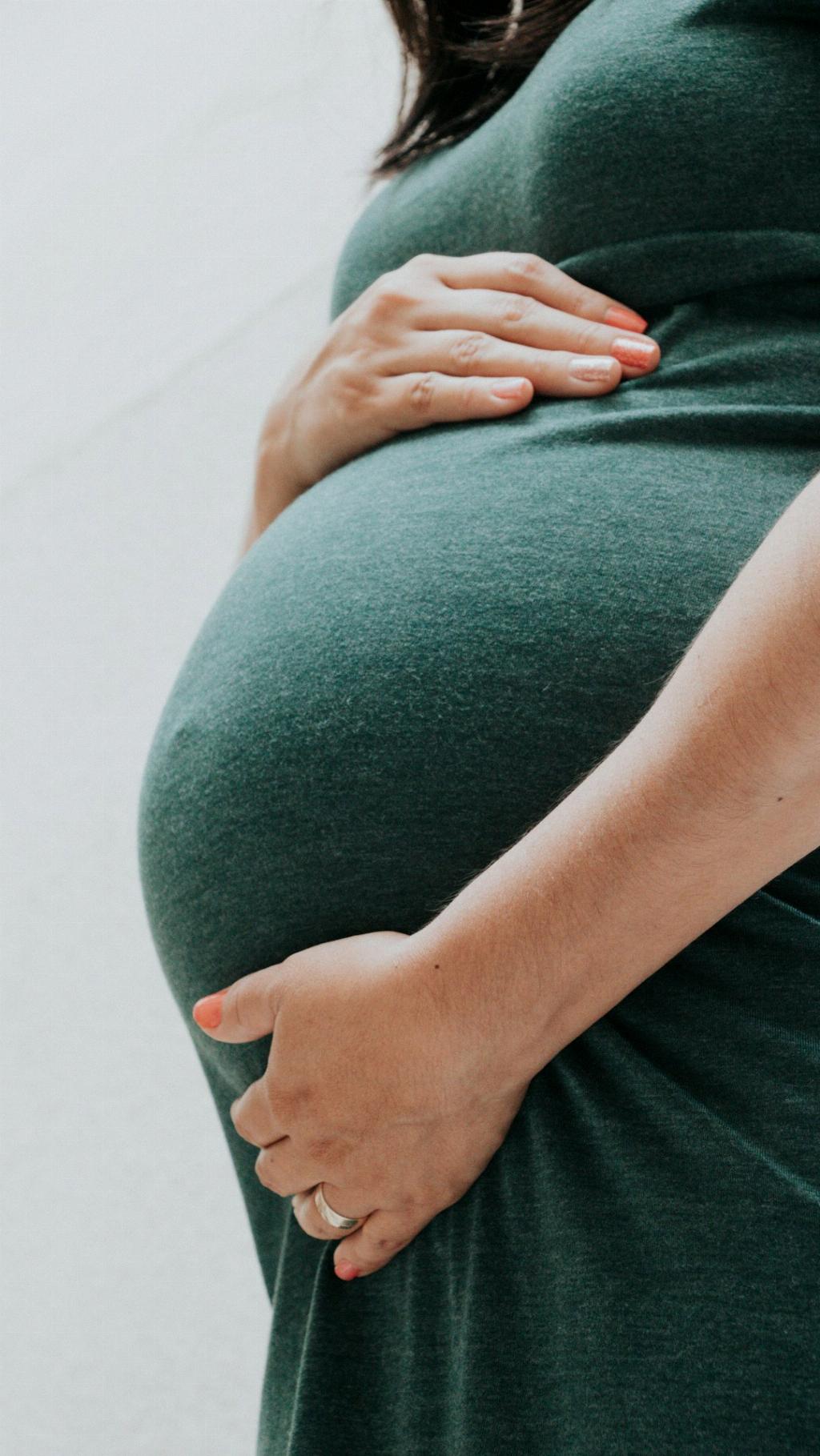When it comes to maintaining a healthy diet during pregnancy, it’s essential to prioritize consuming a variety of nutrient-rich foods that will support both your health and the development of your baby. Follow these guidelines to ensure you’re meeting your nutritional needs during this crucial time:
1. Incorporate Protein-Rich Foods
Proteins play a crucial role in the growth and development of your baby. Include sources of lean protein such as meats, poultry, fish, eggs, beans, and tofu in your diet to ensure you’re getting an adequate intake of this essential nutrient.
2. Choose Low-Fat or Fat-Free Dairy Products
Dairy products are excellent sources of calcium, which is vital for the development of your baby’s bones and teeth. Opt for low-fat or fat-free options like milk, yogurt, cheese, and soy products to meet your calcium needs without excess saturated fat.
3. Include Healthy Fats in Your Diet
Healthy fats are essential for the proper development of your baby’s brain and nervous system. Incorporate oils such as vegetable oil, olive oil, and fats from sources like avocado, nuts, and seeds to ensure you’re getting an adequate intake of essential fatty acids.
4. Eat Plenty of Fruits and Vegetables
Fruits and vegetables are rich in vitamins, minerals, and antioxidants that are beneficial for both you and your baby. Aim to include a variety of colors in your diet to ensure you’re getting a wide range of nutrients.
5. Incorporate Whole Grains
Whole grains like brown rice, quinoa, oats, and whole wheat bread are excellent sources of fiber, which can help prevent constipation and promote digestion during pregnancy. They also provide essential nutrients like iron and B vitamins.
6. Stay Hydrated
Drinking an adequate amount of water is essential during pregnancy to support the increased blood volume and amniotic fluid levels. Aim to drink at least eight to ten glasses of water per day and limit your intake of sugary beverages.
7. Limit Caffeine and Avoid Alcohol
Consuming high amounts of caffeine during pregnancy has been linked to an increased risk of miscarriage and low birth weight. It’s best to limit your intake to 200mg per day. Additionally, alcohol should be avoided as it can harm the developing baby.
8. Take Prenatal Vitamins
Prenatal vitamins are essential during pregnancy to ensure you’re getting an adequate intake of key nutrients like folic acid, iron, and calcium. These vitamins can help fill any nutritional gaps in your diet and support the healthy growth of your baby.
9. Listen to Your Body
Your body will undergo significant changes during pregnancy, so it’s essential to listen to its cues. Eat when you’re hungry, rest when you’re tired, and don’t hesitate to seek medical advice if you have any concerns about your diet or pregnancy.
10. Practice Healthy Eating Habits
Avoid skipping meals, and aim to eat small, frequent meals throughout the day to maintain steady energy levels and prevent nausea. Choose nutrient-dense foods over empty calories to ensure you’re providing your baby with the best possible start in life.
11. Stay Active
Engaging in regular physical activity can help boost your mood, increase your energy levels, and promote overall well-being during pregnancy. Consult with your healthcare provider about safe exercise options that are suitable for your individual needs.
12. Seek Support
Remember that maintaining a healthy diet during pregnancy can be challenging, so don’t hesitate to seek support from your healthcare provider, a registered dietitian, or a prenatal nutrition class. Surround yourself with positive influences to stay motivated and on track with your nutritional goals.

